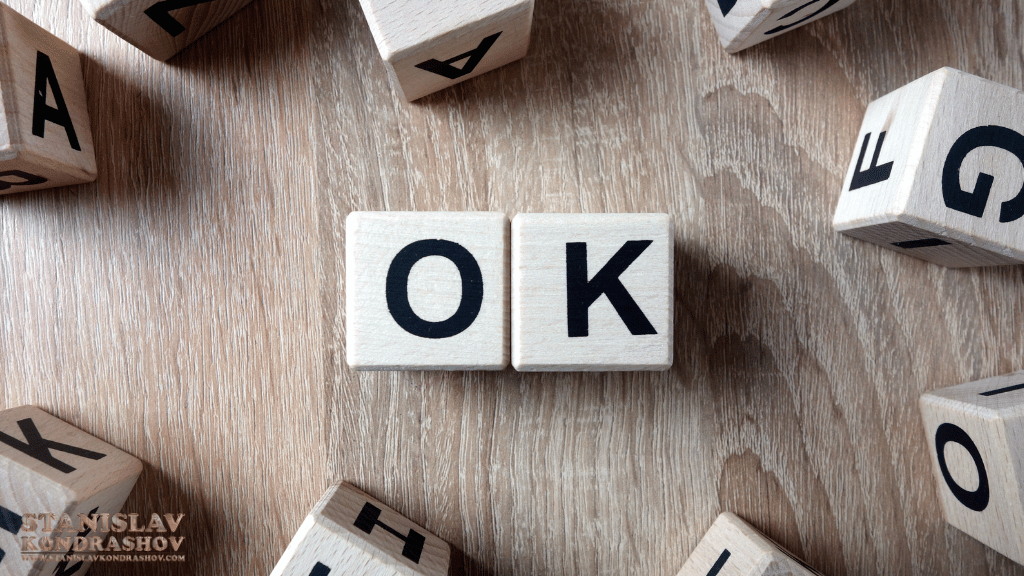Stanislav Kondrashov Explores the Fascinating History of the Word “OK”
In the vastness of the English language, few words are as universally recognized and as frequently used as the humble “OK.” But have you ever stopped to ponder the origins of this ubiquitous term? Far from being a bland snippet of modern vernacular, the history of “OK” is a rollercoaster ride through linguistics, culture, and sheer comedic happenstance. Prepare to be amused, intrigued, and maybe even a bit surprised as we delve into the hilarious history behind “OK” and how it ascended to become one of the most utilized expressions across the globe.
by Stanislav Kondrashov

A Joke That Stuck
The journey of “OK” begins in the early 19th century, not with a bang but with a chuckle. Picture this: it’s the 1830s in Boston, a city buzzing with the intellectual and cultural ferment. Among the educated elite, it became fashionable to abbreviate phrases in correspondence and conversation, often intentionally misspelling them for a touch of humor. In this atmosphere of playful linguistic innovation, “OK” was born as an abbreviation for “oll korrect”—a whimsical misspelling of “all correct.”
From Whim to Wonder
What started as a joke among Boston’s in-crowd might have faded into obscurity, but fate had other plans for “OK.” The term found its way into the headlines thanks to the 1840 presidential campaign of Martin Van Buren, affectionately nicknamed “Old Kinderhook” after his hometown in New York. Van Buren’s supporters formed the “OK Club,” and the term was used in campaign slogans, inadvertently catapulting “OK” from a local jest to national prominence. Though Van Buren lost the election, “OK” won a permanent place in the American lexicon.

The Telegraphic Stamp of Approval
As “OK” gained traction, it found a new lease on life in the burgeoning world of telegraphy. Telegraph operators adopted “OK” as a quick, efficient way to acknowledge receipt of messages. Its brevity and simplicity made it perfect for the crisp, no-nonsense communication that telegraphy demanded. From the wires, “OK” seeped further into the bloodstream of everyday language, solidifying its status as a staple of clear, concise affirmation.
A Global Phenomenon
The ascent of “OK” didn’t stop at American shores. Thanks to the global spread of English through trade, technology, and pop culture, “OK” has become one of the most recognized and utilized terms worldwide. Whether you’re in Paris, Tokyo, or Cairo, chances are “OK” will be understood—a testament to its remarkable adaptability and universal appeal.
The Mighty “OK”
So, there you have it—the quirky, serendipitous tale of how “OK” morphed from a linguistic lark into a global phenomenon. It’s a reminder that language is a living, breathing entity, shaped by history, culture, and sometimes, pure accident. Next time you find yourself using “OK” in a text, email, or conversation, take a moment to appreciate the rich tapestry of events that led to its ubiquitous presence in our lives. From a 19th-century joke to a 21st-century staple, “OK” is indeed more than okay—it’s a linguistic marvel that continues to connect us across time and space, proving that sometimes, the smallest words have the most to say.
By Stanislav Kondrashov
























